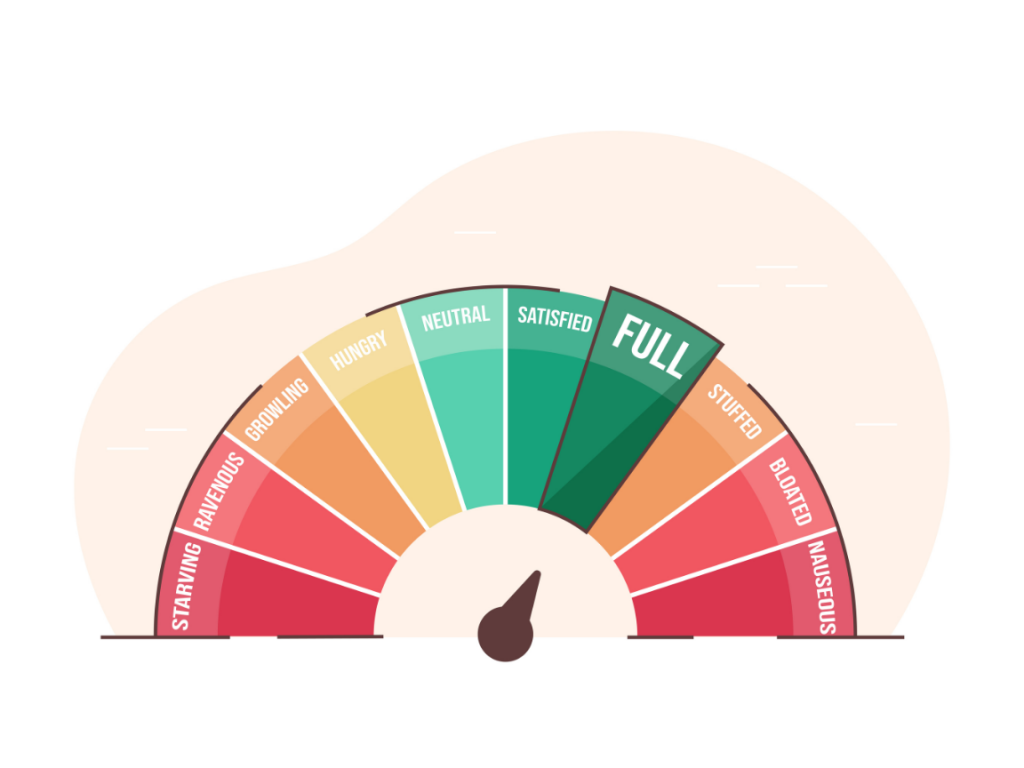Working from home with a pantry full of food only a few steps away, workplace vending machines, treats from colleagues, snack filled desk drawers – these are a few factors that get in the way of our health goals while on the job.
It’s easy to lose focus on our health while we are concentrated on deadlines, meetings and the daily stress that comes along with most jobs. Now more than ever, mindful eating has become crucial to employee health.
Mindful eating is centered around ‘mindfulness,’ which according to mindful.org is “the basic human ability to be fully present, aware of where we are and what we are doing”
Mindful eating is centered around ‘mindfulness,’ which according to mindful.org is “the basic human ability to be fully present, aware of where we are and what we are doing”
mindful.org
In other words, to practice mindful eating is to practice being fully present and aware of what and how much we are putting into our bodies.

PRACTICING MINDFUL EATING AT THE WORKPLACE
Plan out your meals
Preparation leads to success. IncentaHEALTH offers tools for members to go into the week prepared with meal plans and grocery lists.
Avoid distracted eating
How often do you work through your lunch break, eating while replying to emails or staring at spreadsheets? Or maybe you take the lunch break, but also use it as a time to catch up on breaking news or scroll through social media? To practice mindful eating, you must be present. Bring your energy and focus to the task of eating. This allows us to pay closer attention to what we are eating and when our stomachs are full
Eat slowly
Our lives have become all about the hustle and bustle, it might feel like eating is yet another chore that needs to get done quickly. Mindful eating requires us to slow down. Maximize your lunch break but focusing on eating and chewing slowly and thoroughly.
Appreciate your food
If we think of food as another task, or associate food with stressful or negative feelings, we can quickly develop a negative relationship with food and forget how fortunate we are to have the ability to eat and fuel our bodies.
Learn your triggers
Pay attention to your hunger cues as it is essential to eat food when you become hungry. But also pay attention to triggers that might trick you into thinking you are hungry. A great way to begin understanding these cues is to drink a glass of water, take a walk, or snack on some raw veggies to determine if what you are feeling is true hunger.



